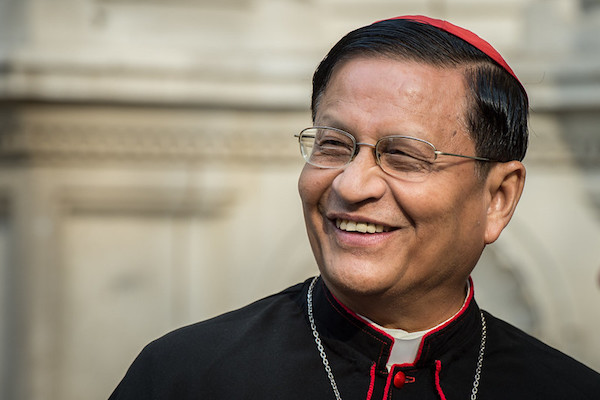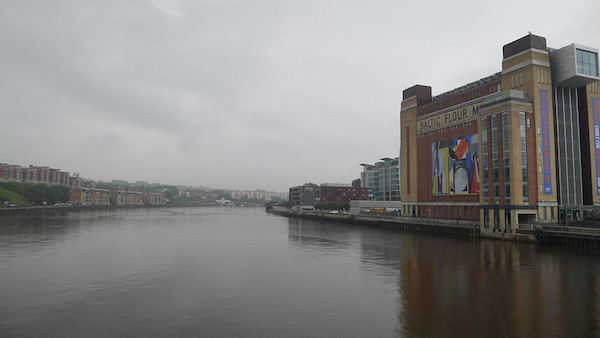There were chilling reports on poverty in Britain and calls action to tackle it at Saturday’s quarterly Zoom meeting of the National Justice and Peace Network (NJPN) of England and Wales.
At the end there was a call for Lent to be less about giving up and more about doing something positive and working for social change.
NJPN chair Paul Southgate, looking at the cost-of-living crisis, said: “Being the sixth wealthiest country in the world doesn't mean much to half the population of this country. Our country’s wealth is being redistributed upwards.”
Fr Chris Hughes, a priest of Hexham and Newcastle diocese and active with Tyne and Wear Citizens, addressed the issue of in-work poverty. The Joseph Rowntree Foundation reported in 2022 that more than two-thirds of working-age adults in poverty live in a household where at least one adult is in work.
The north-east has the highest levels of poverty in the country. Fr Hughes spoke about the pressure low-income families, saying they report “we can just about pay the bills but have no time for our families”.
He said that paying the living wage is part of the answer and called for every diocese and Catholic institution to do this.
He added: “Out of 22 dioceses of England and Wales, only five are accredited living wage employers – Westminster, Brentwood, Birmingham, Salford and Hexham and Newcastle – and we want more accredited living wage employers in our dioceses.”
He said most dioceses now have policies on the environment, but not on social justice and urged that a policy be developed and priority given to the living wage initiative.
Sara Bryson, senior community organiser of Tyne and Wear Citizens, said it was wrong that wages had been stagnant for a decade, adding, “It’s hard to work your way out of poverty.”
She said that 47 per cent of under-fives live in poverty and felt a response “should be more than setting up warm hubs”.
“Let’s focus more on justice rather than charity and let’s get back to fighting the injustice rather than the charitable responses,” she said.
Bryson described it as “wonderful” to work with Hexham and Newcastle diocese on various campaigns. One campaign, “Just Change”, for example, has helped pupils receiving free school meals to gain access to unspent money.
Bishop Hogarth Catholic Education Trust in the north-east reconfigured its IT system whereby pupils can now roll over unspent money. She said the campaign has given secondary school pupils from low-income households improved access to food and she called for this to be a national campaign.
Representatives from dioceses including Southwark, Arundel and Brighton, Nottingham and Cardiff, as well as members of justice and peace agencies and religious, heard Nalini Nathan of the Catholic Association for Racial Justice and general secretary of the Conference of Religious say that “for ethnic minorites, the cost of living crisis might be considered as an equal added burden, in addition to unequal burdens”.
She reported that 35.7 per cent of ethnic minorities are likely to live in poverty compared with 17.2 per cent of white people and 45 per cent of children from BAME (Black, Asian and Minority Ethnic) groups live in poverty compared with 26 percent of white children.
BAME families are also more likely to be homeless. She called for more sensitivity and action.



 Loading ...
Loading ...